Home>Technology>Home Office Tech>What Is An EV Charging Station


Home Office Tech
What Is An EV Charging Station
Modified: August 16, 2024
Learn about the benefits of home office tech with an EV charging station. Find out how it can enhance your work-from-home setup.
(Many of the links in this article redirect to a specific reviewed product. Your purchase of these products through affiliate links helps to generate commission for Storables.com, at no extra cost. Learn more)
Introduction
Welcome to the electrifying world of EV charging stations! As technology continues to revolutionize the way we live, electric vehicles (EVs) have emerged as a promising solution to reduce carbon emissions and combat climate change. With the increasing adoption of EVs, the demand for efficient and accessible charging infrastructure has soared. This has sparked a surge in the establishment of EV charging stations across the globe, marking a pivotal shift towards sustainable transportation.
In this comprehensive guide, we will delve into the intricacies of EV charging stations, exploring their types, components, functionality, benefits, challenges, and the future landscape of this burgeoning industry. Whether you are an EV enthusiast, a tech-savvy individual, or a curious mind eager to understand the mechanics behind these innovative facilities, this article aims to illuminate the fascinating world of EV charging stations.
Key Takeaways:
- EV charging stations are specialized infrastructure that supply electrical energy to recharge electric vehicles, promoting cleaner and healthier urban environments while offering convenient and reliable recharging options for EV owners.
- The future of EV charging stations holds promise for rapid charging technologies, smart grid integration, wireless charging innovations, and sustainable energy solutions, paving the way for a greener and more resilient transportation ecosystem.
Read more: How To Use An EV Charging Station
Definition of EV Charging Station
An EV charging station, also known as an electric vehicle charging station, is a specialized infrastructure designed to supply electrical energy to recharge electric vehicles. These stations serve as the lifeblood of the rapidly expanding electric vehicle ecosystem, providing a convenient and reliable means for EV owners to power up their vehicles. Much like traditional gas stations for internal combustion engine vehicles, EV charging stations are strategically positioned in urban areas, highways, commercial properties, and residential communities to cater to the diverse needs of electric vehicle users.
EV charging stations come in various forms, ranging from basic residential charging units to high-powered commercial installations. They are equipped with different charging levels, denoted as Level 1, Level 2, and Level 3, each offering distinct charging speeds and compatibility with different EV models. These stations are often accompanied by parking spaces dedicated to EV charging, ensuring that vehicles can be conveniently refueled while parked.
Moreover, EV charging stations are integrated with advanced technologies that enable seamless communication between the charging infrastructure, the electric vehicle, and the grid. This connectivity allows for efficient energy management, remote monitoring, and user-friendly payment systems, enhancing the overall user experience and promoting the widespread adoption of electric vehicles.
As the global transition towards sustainable transportation gains momentum, the role of EV charging stations becomes increasingly pivotal in shaping the infrastructure landscape and fostering the widespread acceptance of electric vehicles as a viable mode of transportation.
Types of EV Charging Stations
EV charging stations come in diverse configurations to accommodate the varying needs of electric vehicle users. The different types of EV charging stations are tailored to provide flexibility, convenience, and rapid charging capabilities, catering to the evolving demands of the electric vehicle market. Understanding the distinct characteristics of each type is crucial for both EV owners and infrastructure planners, as it influences the charging speed, deployment cost, and overall user experience.
- Level 1 Charging: Level 1 charging stations are the most basic form of EV charging infrastructure, typically utilized in residential settings. These stations are designed to be plugged into a standard 120-volt household outlet, making them accessible to EV owners who can conveniently charge their vehicles at home. While Level 1 chargers offer the slowest charging speed, they are cost-effective and serve as a practical solution for overnight charging.
- Level 2 Charging: Level 2 charging stations are widely deployed in public spaces, workplaces, and residential complexes. These stations utilize a 240-volt power supply, delivering a faster charging rate compared to Level 1 chargers. Level 2 charging stations are equipped with various connector types, such as J1772 and Type 2, catering to different EV models. The versatility and relatively swift charging speed of Level 2 stations make them a popular choice for both public and private charging infrastructure.
- DC Fast Charging (Level 3): DC fast charging stations, also known as Level 3 chargers, are designed for rapid charging, making them ideal for long-distance travel and high-traffic locations. These stations supply direct current (DC) power to the vehicle’s battery, significantly reducing the charging time compared to Level 1 and Level 2 chargers. DC fast charging infrastructure is commonly found along highways, major routes, and commercial hubs, offering EV owners the convenience of swift recharging during their journeys.
Each type of EV charging station serves a distinct purpose, addressing the diverse charging needs of electric vehicle users while contributing to the development of a comprehensive and efficient charging infrastructure network.
Components of an EV Charging Station
EV charging stations are equipped with a range of essential components that work in harmony to facilitate the charging process, ensure user safety, and enable seamless interaction between the charging infrastructure and electric vehicles. Understanding the key components of an EV charging station provides insight into the intricate systems that power these innovative facilities.
- Charging Unit: At the heart of an EV charging station is the charging unit, which serves as the interface for connecting the station to the electric vehicle. The charging unit is equipped with connectors compatible with different EV models and charging standards, enabling a secure and efficient transfer of electrical energy to the vehicle’s battery.
- Power Supply: EV charging stations are connected to a power supply, typically sourced from the electrical grid. The power supply delivers the necessary electrical energy to recharge the vehicles, and it may vary in capacity based on the charging station’s level and charging speed.
- Control and Monitoring System: Advanced EV charging stations incorporate control and monitoring systems that oversee the charging process, manage power flow, and ensure operational safety. These systems facilitate real-time monitoring of charging sessions, remote diagnostics, and the implementation of smart charging functionalities.
- Payment and User Interface: Many EV charging stations are equipped with user-friendly interfaces that allow EV owners to initiate and monitor charging sessions. Additionally, integrated payment systems enable seamless transactions, offering various payment methods to accommodate the preferences of electric vehicle users.
- Safety Features: Safety is paramount in EV charging stations, and as such, these facilities are equipped with safety mechanisms such as ground fault protection, overcurrent protection, and temperature monitoring to mitigate potential hazards and ensure the well-being of users and their vehicles.
- Networking Capabilities: EV charging stations often feature networking capabilities that enable connectivity with central management systems, grid operators, and smart grid technologies. This connectivity facilitates demand response, load management, and grid integration, optimizing the overall performance of the charging infrastructure.
By integrating these essential components, EV charging stations deliver a comprehensive and reliable charging experience, fostering the widespread adoption of electric vehicles while promoting sustainable and efficient energy utilization.
How Does an EV Charging Station Work?
Understanding the inner workings of an EV charging station unveils the intricate processes that enable the seamless transfer of electrical energy from the grid to the electric vehicle’s battery. The operational dynamics of an EV charging station involve a series of coordinated actions that optimize charging efficiency, ensure user safety, and contribute to the overall functionality of the charging infrastructure.
When an electric vehicle arrives at a charging station and is ready to recharge, the following steps outline the fundamental processes involved in the operation of the charging facility:
- Authentication and Connection: The EV owner authenticates their identity and initiates the charging session through the station’s user interface. Once authenticated, the vehicle is connected to the charging unit using the appropriate connector, establishing a secure link for the transfer of electrical energy.
- Power Flow Management: Upon connection, the charging station’s control and monitoring system manages the power flow, regulating the transfer of electrical energy from the power supply to the vehicle’s battery. This process involves monitoring the charging rate, voltage, and current to ensure optimal charging performance and battery health.
- Charging Session Monitoring: Throughout the charging session, the station’s monitoring system oversees the progress of the charging process, providing real-time data on the energy transfer, charging duration, and battery status. This information allows the EV owner to monitor the charging session and ensures that the vehicle is being efficiently powered up.
- Safety Protocols and Monitoring: EV charging stations incorporate advanced safety features that continuously monitor the charging process, implementing safeguards such as ground fault protection, overcurrent protection, and temperature monitoring to prevent potential hazards and ensure user safety.
- Payment and Session Completion: Upon completion of the charging session, the user interface facilitates seamless payment transactions, allowing the EV owner to settle the charging costs through various payment methods. Once the session is finalized, the vehicle is safely disconnected from the charging unit, concluding the charging process.
By orchestrating these essential steps, EV charging stations facilitate the efficient and secure recharging of electric vehicles, contributing to the widespread adoption of sustainable transportation and the establishment of a robust charging infrastructure network.
When using an EV charging station, make sure to check the compatibility of your vehicle with the station’s plug type and charging speed to ensure a successful and efficient charging session.
Read also: 8 Amazing Ev Charging Station For 2025
Benefits of EV Charging Stations
EV charging stations offer a myriad of advantages that extend beyond the realm of electric vehicle recharging. These facilities play a pivotal role in shaping the future of transportation, promoting environmental sustainability, and enhancing the overall efficiency of energy utilization. The benefits of EV charging stations encompass a broad spectrum of economic, environmental, and societal advantages, contributing to the widespread adoption of electric vehicles and the establishment of a greener and more resilient transportation ecosystem.
- Environmental Impact: By facilitating the adoption of electric vehicles, charging stations contribute to the reduction of greenhouse gas emissions and air pollutants, fostering cleaner and healthier urban environments. The electrification of transportation through widespread charging infrastructure plays a crucial role in mitigating the adverse effects of traditional gasoline-powered vehicles on air quality and public health.
- Energy Efficiency: EV charging stations promote the efficient utilization of energy resources by enabling the integration of renewable energy sources and smart grid technologies. By leveraging renewable energy for vehicle recharging and implementing demand response strategies, charging stations enhance energy sustainability and grid stability, optimizing the overall energy ecosystem.
- Economic Growth: The deployment of EV charging infrastructure stimulates economic growth by fostering innovation, creating job opportunities in the clean energy sector, and driving investments in sustainable transportation technologies. Furthermore, the widespread adoption of electric vehicles supported by charging stations reduces reliance on imported oil, enhancing energy security and economic resilience.
- User Convenience: EV charging stations provide electric vehicle owners with the convenience of reliable and accessible recharging options, empowering them to seamlessly integrate electric vehicles into their daily routines. The availability of diverse charging speeds and locations enhances the flexibility and practicality of electric vehicle usage, catering to the diverse needs of drivers.
- Technological Advancements: The evolution of EV charging infrastructure fosters technological advancements in energy management, grid integration, and electric vehicle connectivity. This innovation paves the way for smarter, more resilient energy systems and accelerates the development of next-generation transportation solutions.
By harnessing these benefits, EV charging stations play a transformative role in reshaping the transportation landscape, driving sustainable development, and empowering communities to embrace cleaner and more efficient modes of mobility.
Challenges of EV Charging Stations
While EV charging stations offer a multitude of benefits, their widespread adoption and seamless integration into the transportation infrastructure are accompanied by a set of challenges that warrant careful consideration. Addressing these challenges is essential to ensure the effective deployment and utilization of EV charging stations, fostering a robust and resilient charging ecosystem that meets the evolving needs of electric vehicle users and the broader community.
Key challenges associated with EV charging stations include:
- Infrastructure Expansion: The rapid growth of the electric vehicle market necessitates a substantial expansion of charging infrastructure to accommodate the increasing number of electric vehicles on the roads. This requires strategic planning, investment, and collaboration among stakeholders to deploy charging stations in urban areas, highways, and residential communities, ensuring widespread accessibility and convenience for EV owners.
- Charging Speed and Range Anxiety: While advancements in fast-charging technologies have reduced charging times, concerns about range anxiety persist among electric vehicle users. Addressing the need for rapid charging and enhancing the driving range of electric vehicles through technological innovations is crucial to alleviate apprehensions related to vehicle range and charging duration.
- Grid Integration and Energy Demand: The integration of EV charging stations into the electrical grid requires careful management of energy demand, load balancing, and grid stability. Coordinating the charging patterns of electric vehicles, leveraging smart grid solutions, and optimizing energy utilization are essential to mitigate potential strain on the grid and maximize the benefits of electric vehicle integration.
- Regulatory Framework and Standardization: Establishing consistent regulatory frameworks, charging standards, and interoperability protocols is essential to promote seamless interoperability among different charging networks and ensure a user-friendly charging experience. Standardization efforts play a crucial role in enhancing the compatibility and accessibility of EV charging infrastructure.
- Public Awareness and Education: Educating the public about the benefits of electric vehicles, the functionality of charging stations, and the available incentives is vital to drive widespread acceptance and adoption. Enhancing public awareness fosters a supportive environment for electric mobility and encourages the uptake of electric vehicles and charging infrastructure.
By proactively addressing these challenges through collaborative efforts, technological innovation, and policy initiatives, the transition towards a sustainable and efficient electric vehicle ecosystem can be accelerated, paving the way for a greener and more resilient transportation landscape.
Future of EV Charging Stations
The future of EV charging stations is poised for transformative advancements, driven by technological innovation, policy initiatives, and the evolving landscape of sustainable transportation. As the global momentum towards electric mobility continues to escalate, the trajectory of EV charging infrastructure points towards a future characterized by enhanced accessibility, rapid charging capabilities, grid integration, and seamless user experiences.
Key developments that will shape the future of EV charging stations include:
- Rapid Charging Technologies: Ongoing research and development efforts are focused on advancing rapid charging technologies, enabling ultra-fast charging capabilities that significantly reduce charging times and enhance the practicality of electric vehicles for long-distance travel. Innovations in battery technology, charging protocols, and power electronics are driving the evolution of high-speed charging solutions.
- Smart Grid Integration: The integration of EV charging stations with smart grid technologies is poised to revolutionize the management of energy demand, grid stability, and renewable energy utilization. Smart grid solutions will enable dynamic load management, demand response capabilities, and bidirectional energy flow, optimizing the symbiotic relationship between electric vehicles and the grid.
- Wireless Charging: Wireless charging technology is anticipated to play a significant role in the future of EV charging, offering the convenience of contactless charging for electric vehicles. Wireless charging infrastructure embedded in roadways, parking facilities, and urban environments will revolutionize the recharging experience, enhancing user convenience and expanding the reach of charging infrastructure.
- Interoperability and Standardization: Efforts to standardize charging protocols, connector types, and interoperability standards will streamline the user experience and promote the seamless integration of diverse charging networks. Standardization initiatives will facilitate cross-compatibility among different EV models and charging stations, fostering a cohesive and user-friendly charging ecosystem.
- Sustainable Charging Solutions: The proliferation of renewable energy integration in EV charging infrastructure will drive the adoption of sustainable charging solutions, leveraging solar, wind, and other clean energy sources to power charging stations. This transition towards green charging practices aligns with the broader goals of carbon neutrality and environmental stewardship.
The future of EV charging stations embodies a paradigm shift towards efficient, sustainable, and user-centric charging solutions that underpin the widespread acceptance and adoption of electric vehicles. These advancements will redefine the dynamics of transportation, accelerate the decarbonization of the automotive sector, and contribute to a greener and more resilient energy ecosystem.
Conclusion
The evolution of EV charging stations represents a monumental leap towards sustainable transportation, ushering in a new era of electric mobility that transcends traditional paradigms of vehicle propulsion. As electric vehicles gain prominence and become an integral part of the transportation landscape, the role of EV charging stations becomes increasingly pivotal in shaping the infrastructure, energy, and environmental dynamics of the modern world.
From the humble abode of residential charging units to the bustling corridors of high-speed DC fast charging stations, the diverse array of EV charging infrastructure is emblematic of a transformative journey towards cleaner, greener, and more efficient transportation. The proliferation of charging stations across urban centers, highways, workplaces, and residential neighborhoods signifies a collective commitment to sustainable mobility and environmental stewardship.
As we navigate the intricacies of EV charging stations, it is imperative to recognize the multifaceted impact of these facilities. They embody not only the technological prowess of modern engineering but also the promise of a future where transportation harmonizes with environmental sustainability, energy efficiency, and user convenience.
Amidst the challenges and opportunities that lie ahead, the future of EV charging stations is illuminated by the promise of rapid charging technologies, smart grid integration, wireless charging innovations, and sustainable energy solutions. These advancements herald a future where electric vehicles seamlessly integrate into the fabric of our daily lives, empowered by a robust and accessible charging infrastructure that transcends boundaries and accelerates the transition towards a cleaner and more resilient transportation ecosystem.
As we embark on this electrifying journey, the evolution of EV charging stations serves as a testament to human ingenuity, collaborative innovation, and a shared commitment to shaping a sustainable future. Together, we chart a course towards a world where electric mobility thrives, energy is harnessed responsibly, and the roads we traverse lead to a greener tomorrow.
Frequently Asked Questions about What Is An EV Charging Station
Was this page helpful?
At Storables.com, we guarantee accurate and reliable information. Our content, validated by Expert Board Contributors, is crafted following stringent Editorial Policies. We're committed to providing you with well-researched, expert-backed insights for all your informational needs.
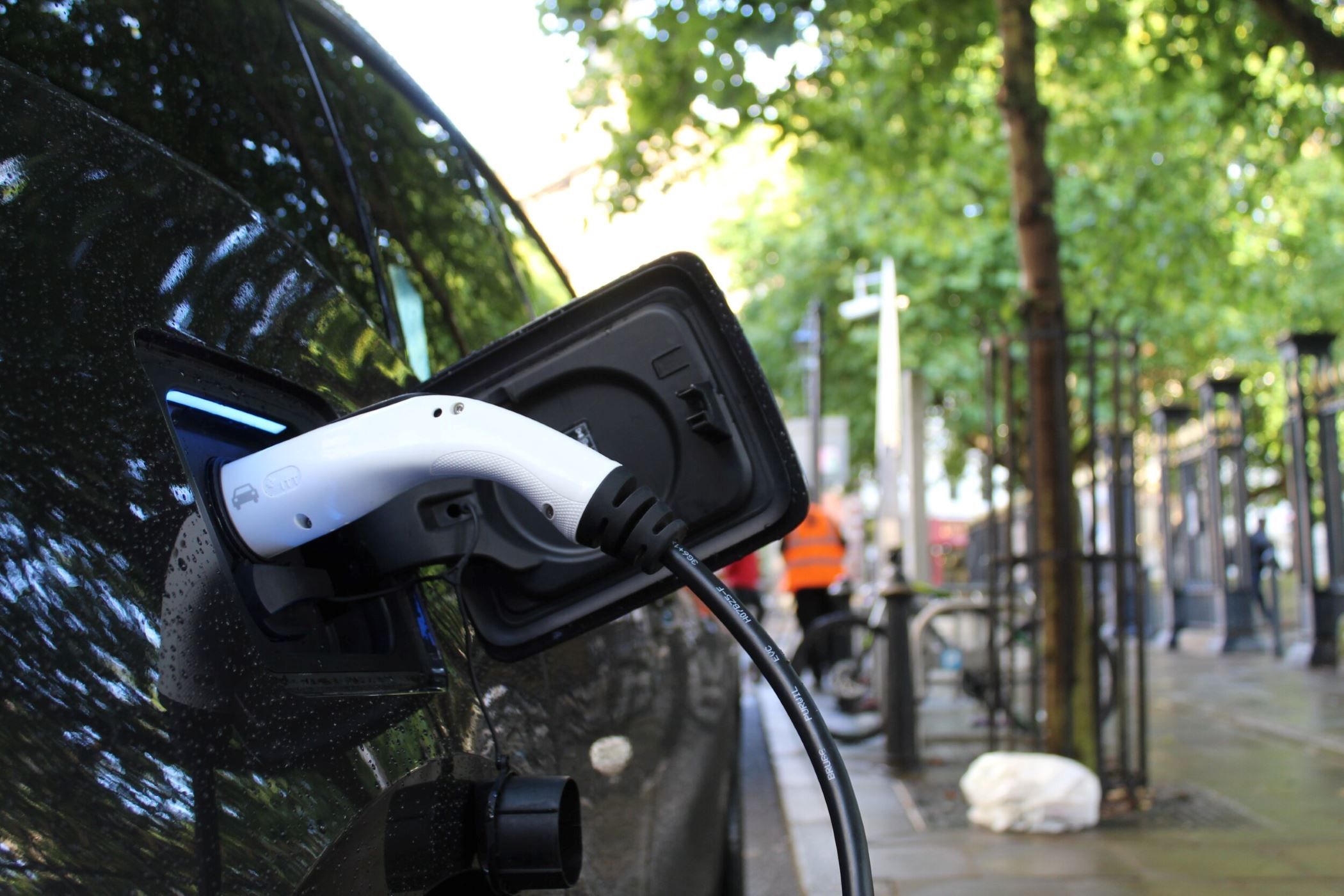
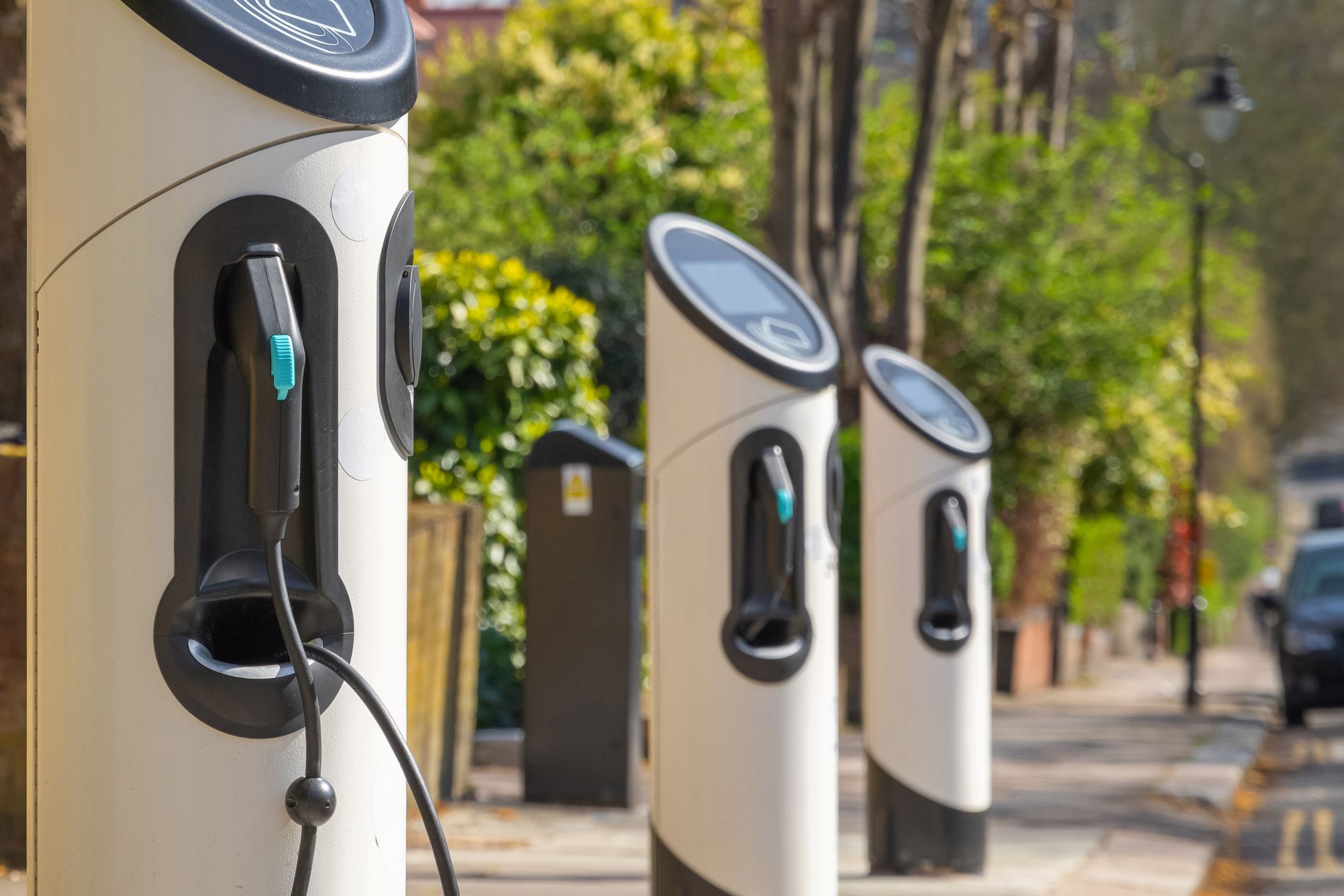
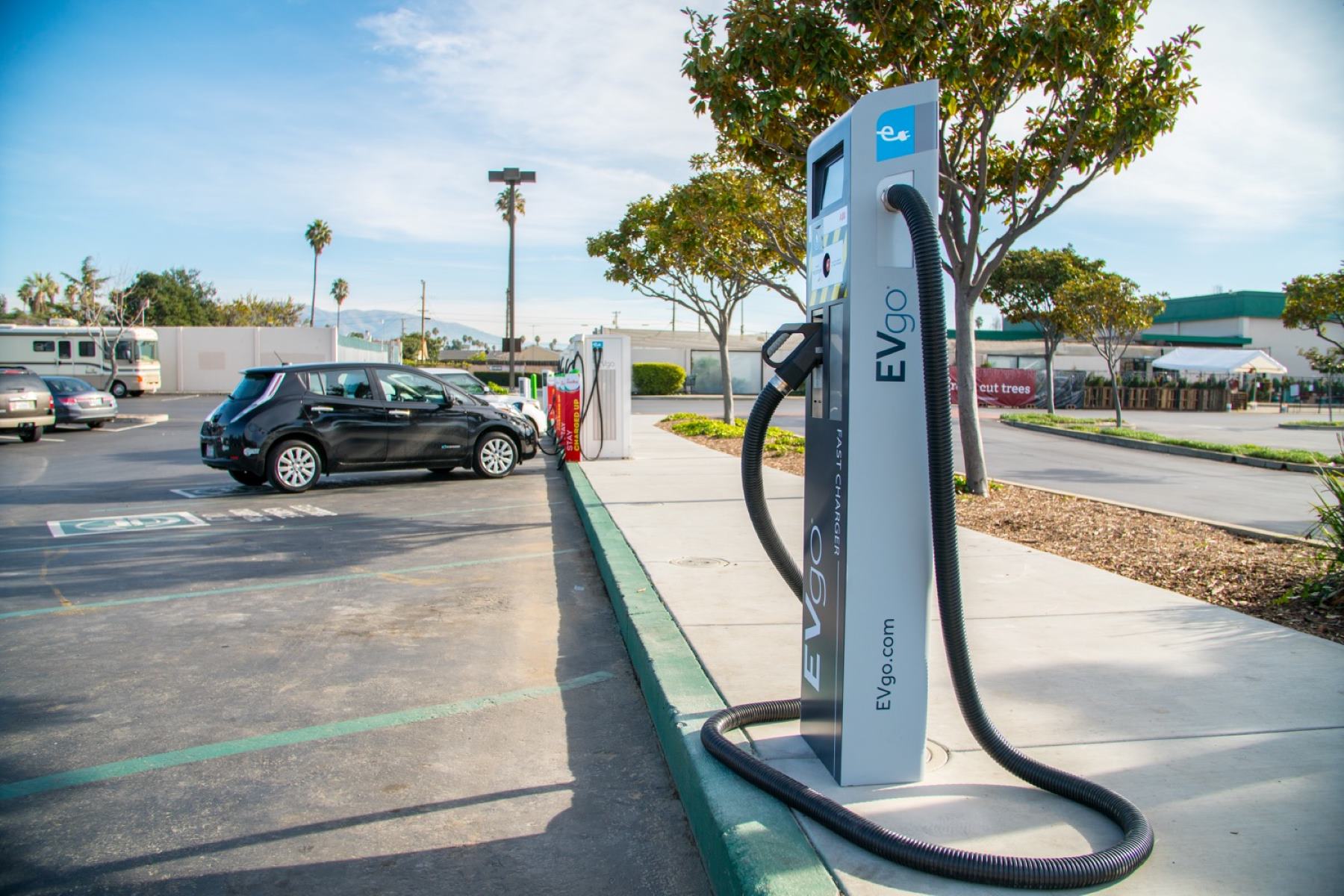
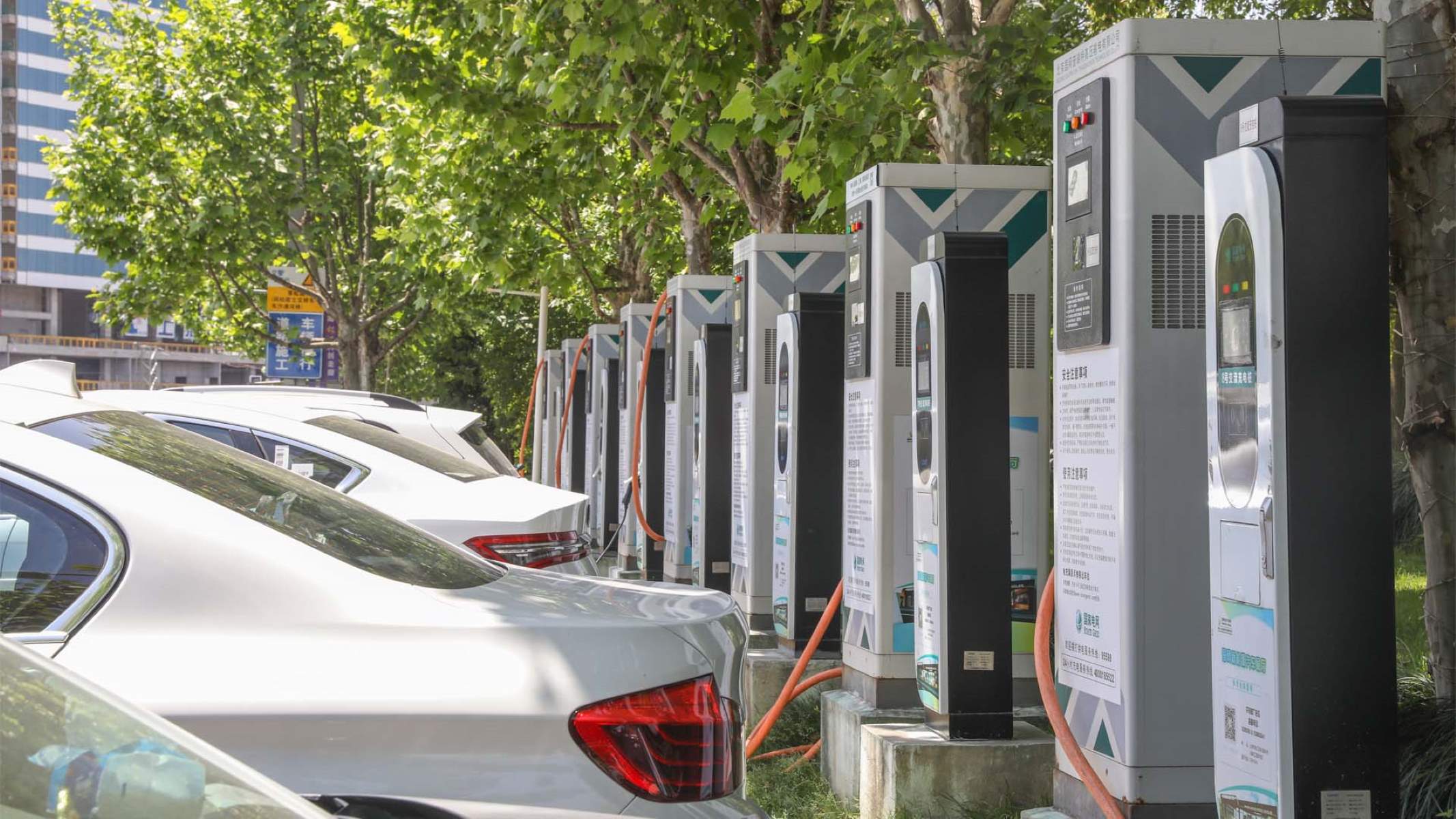
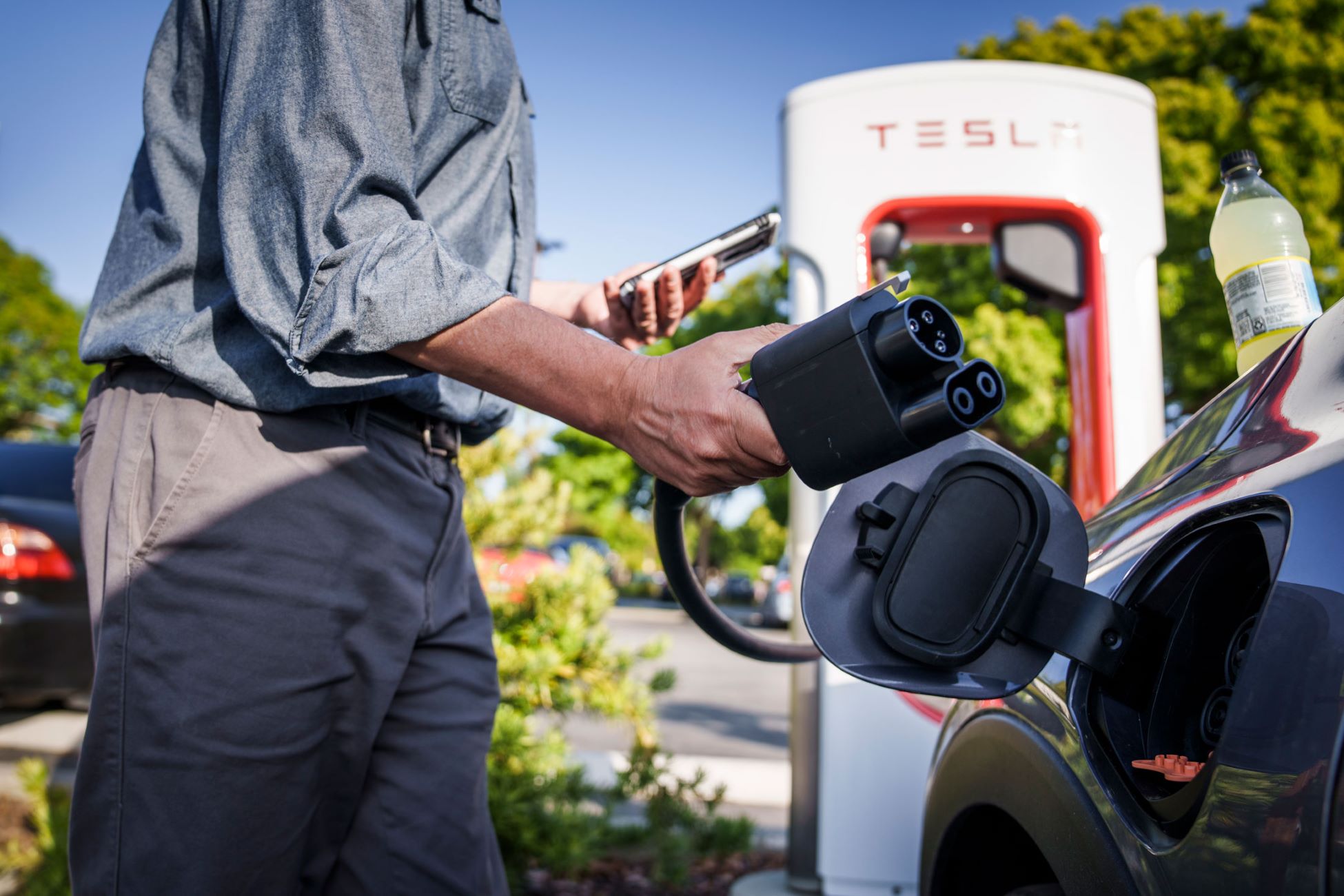

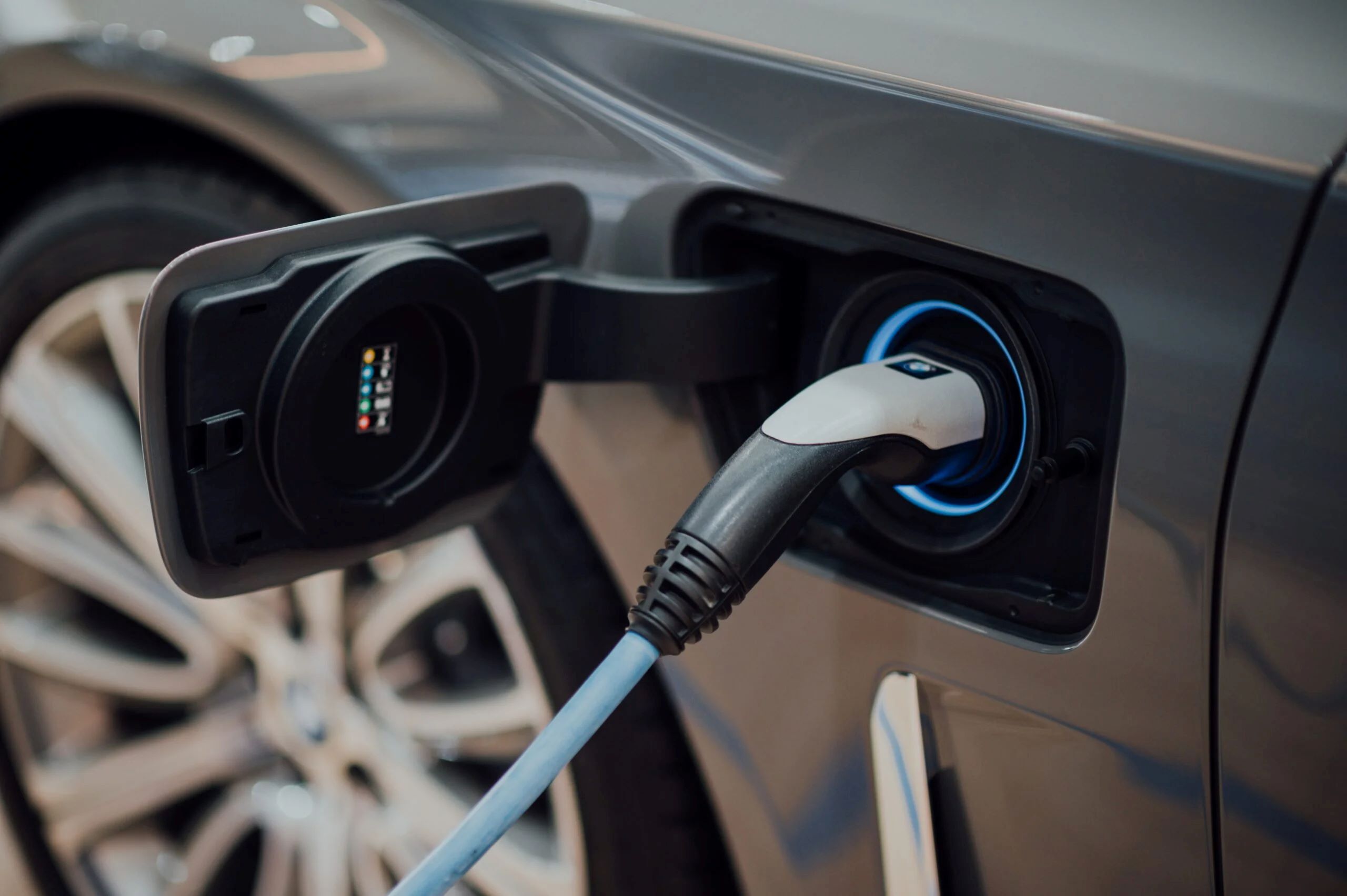

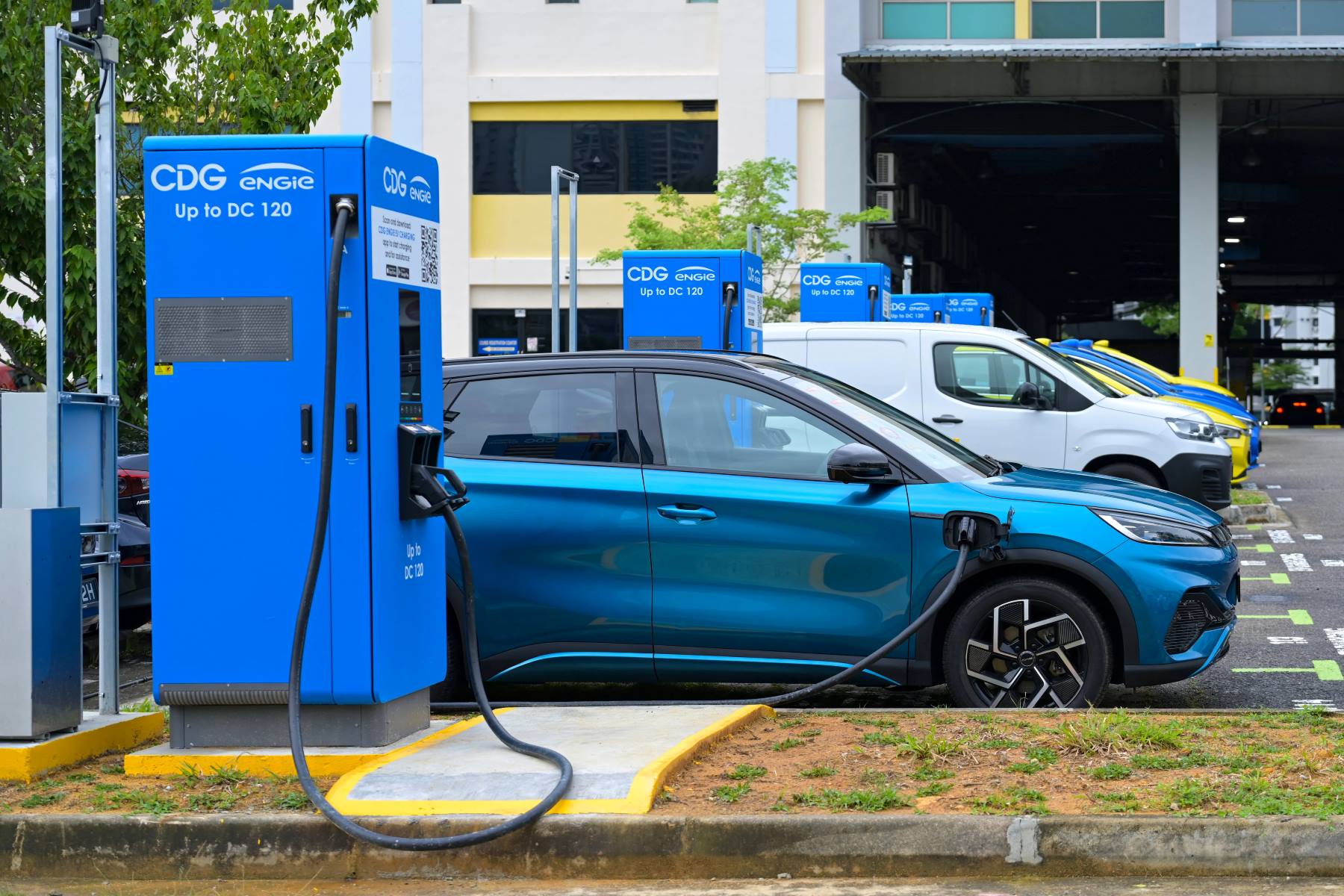
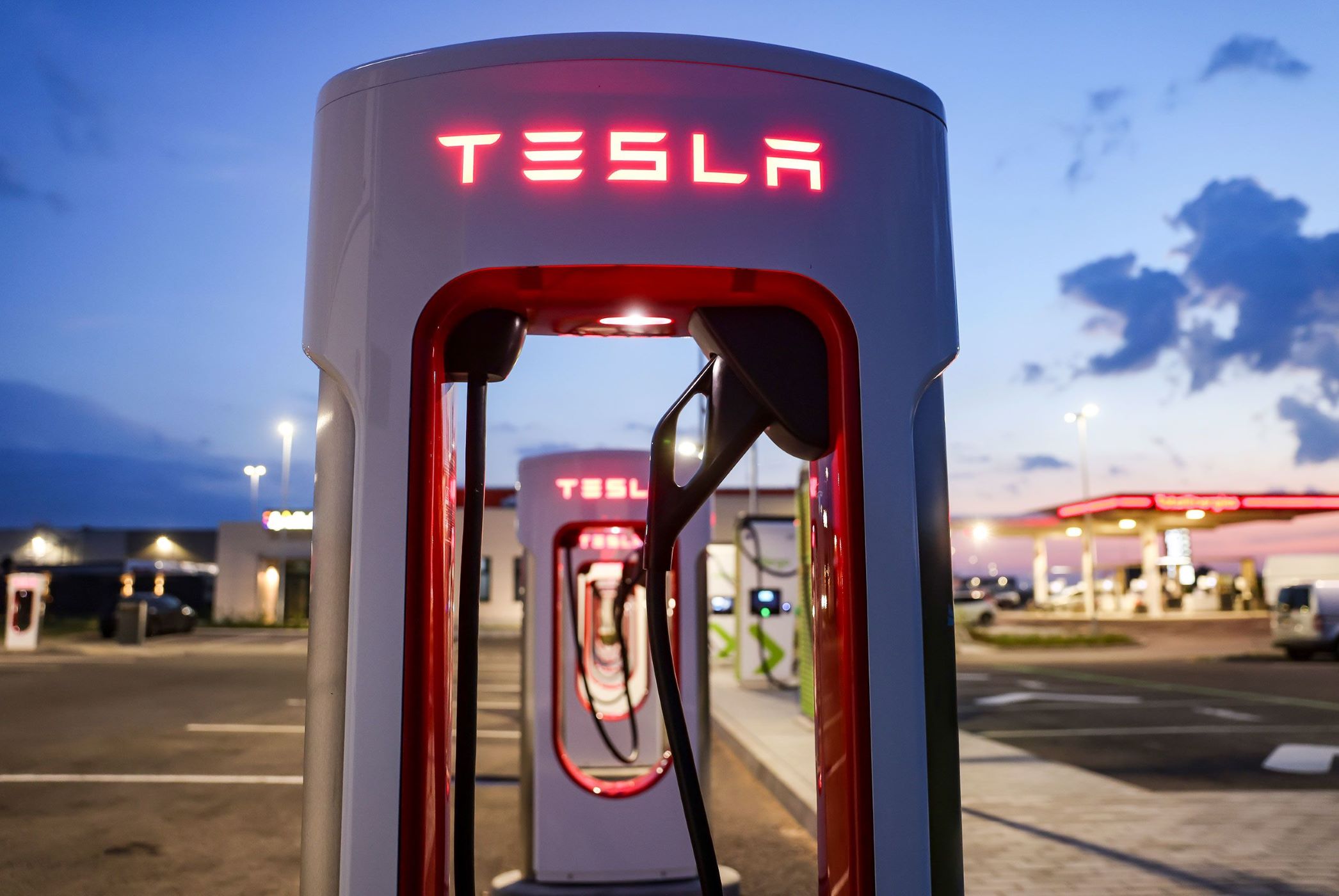

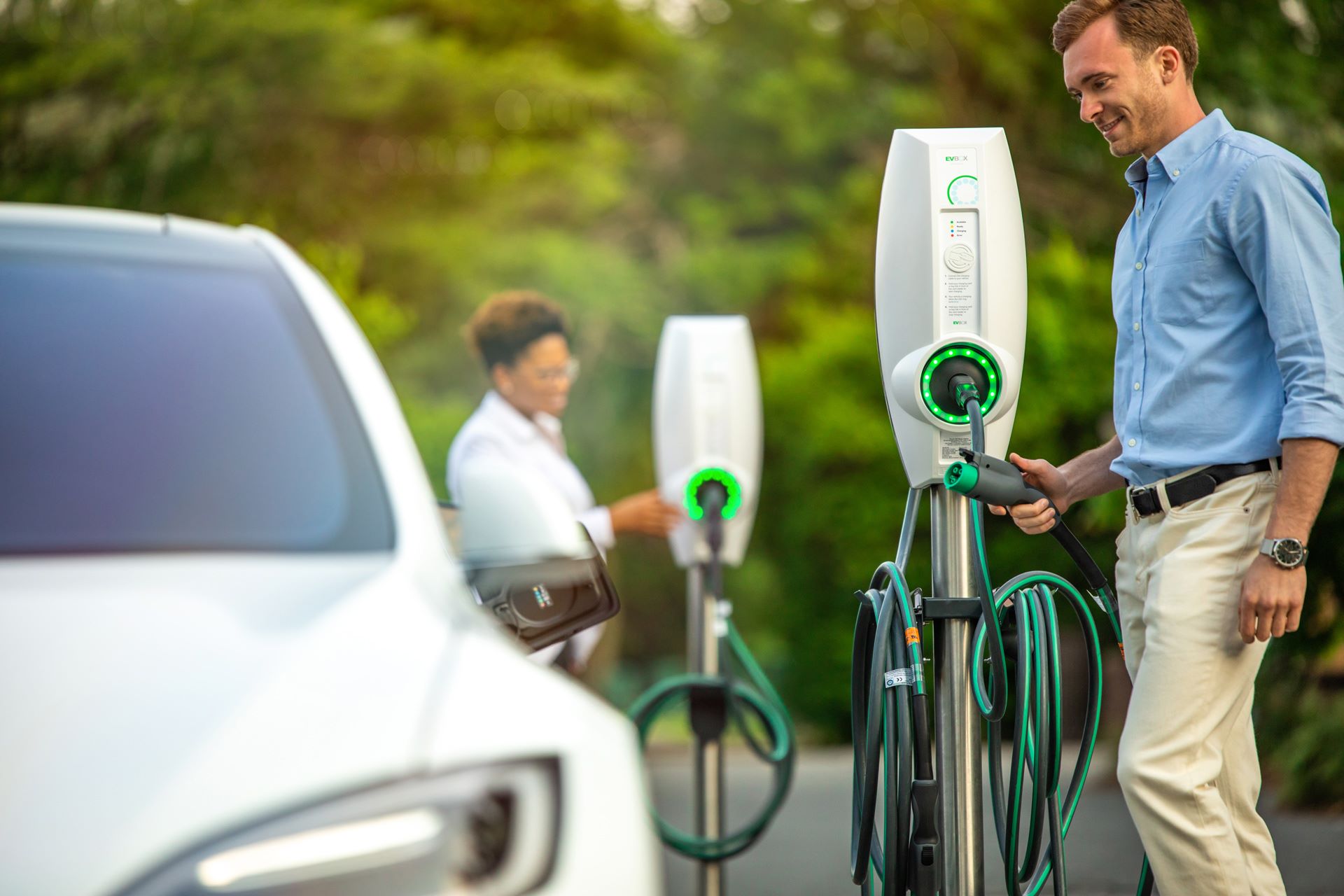
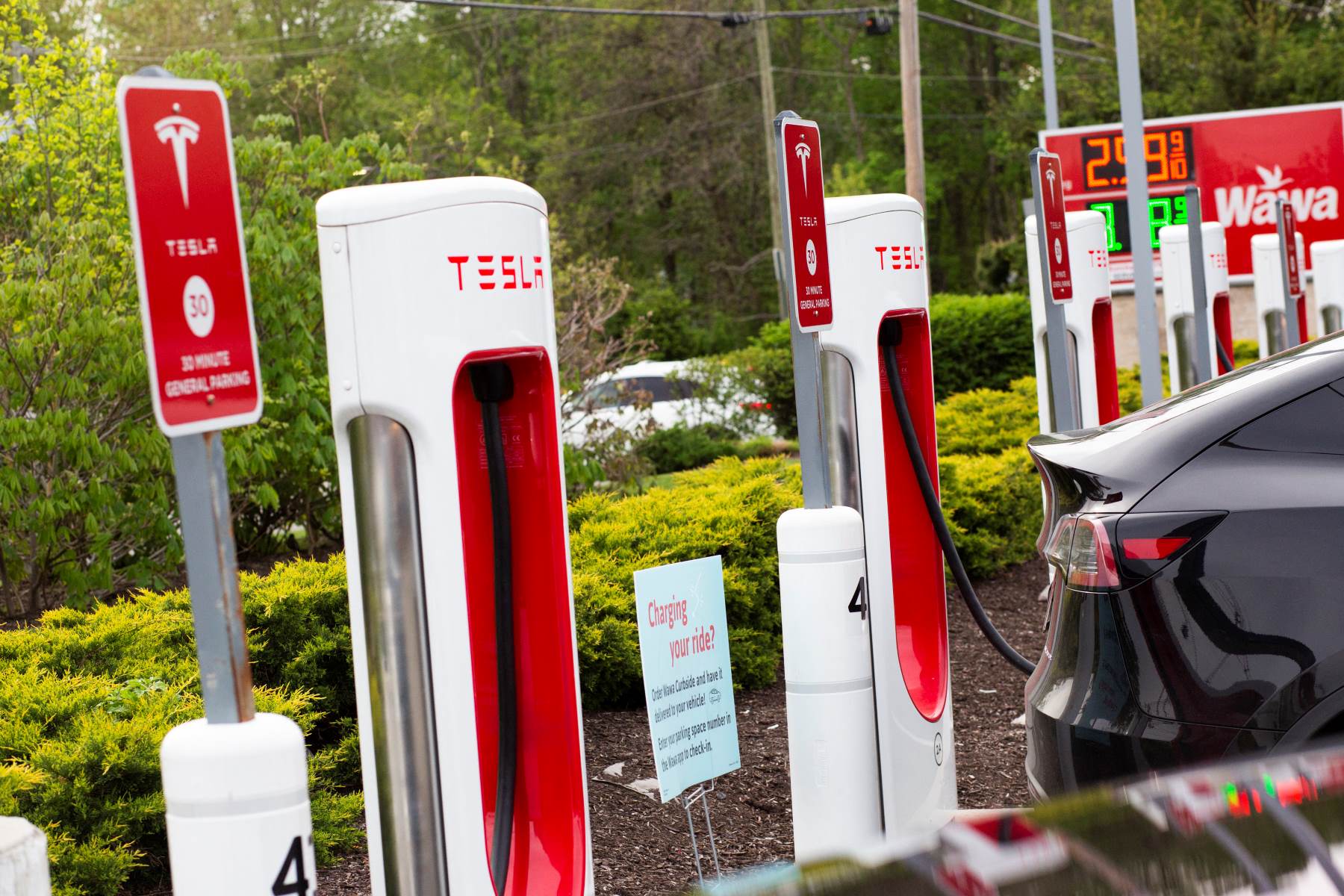
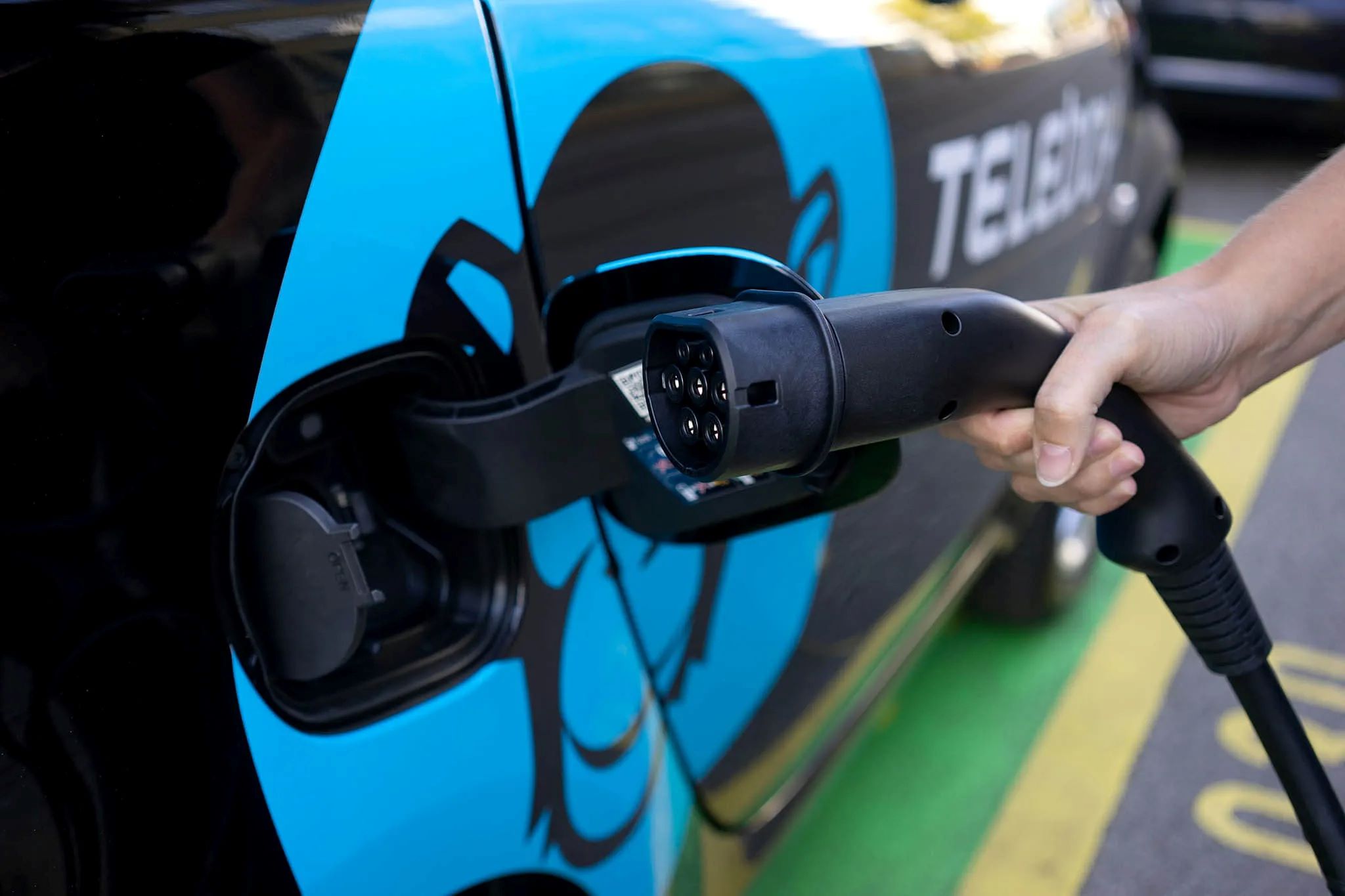

0 thoughts on “What Is An EV Charging Station”